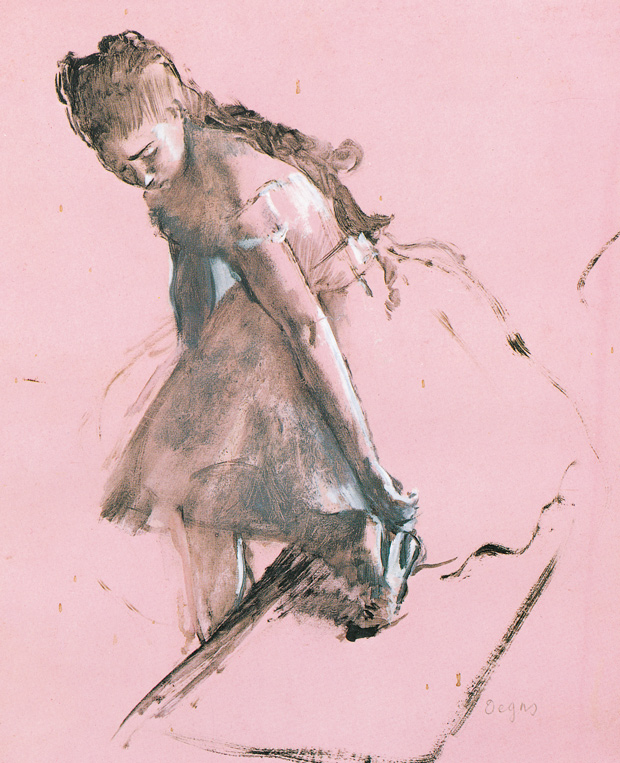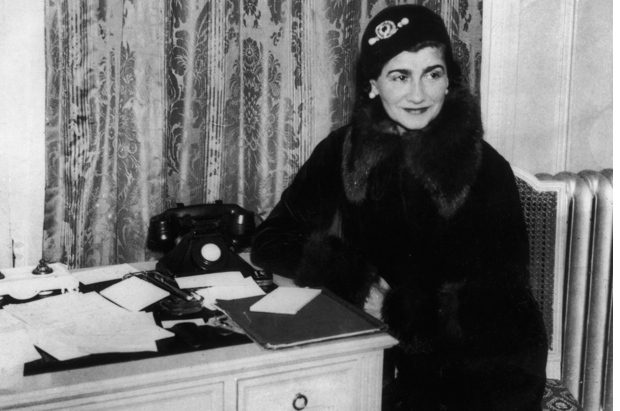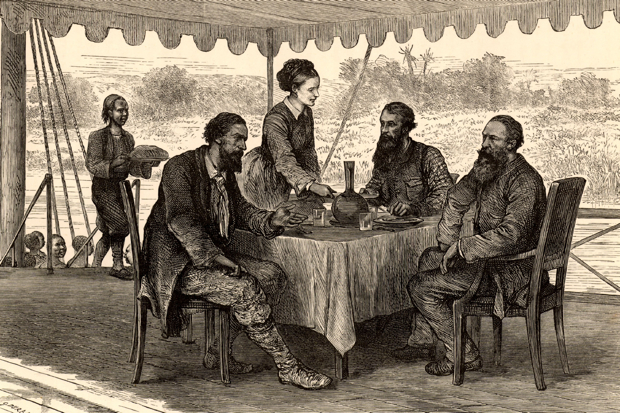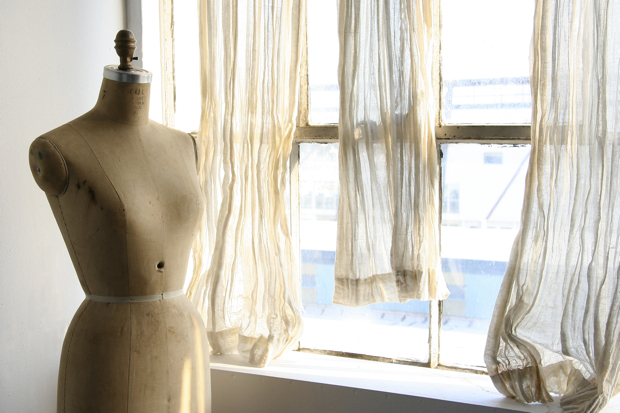After Dear Lupin and Dear Lumpy, here’s a slightly more prosaically titled collection of letters from Roger Mortimer, longtime racing correspondent of the Sunday Times and frequent purchaser of stamps. Who would have thought that one man could write so many letters that, 20 years after his death, so many people would still want to read?
But that’s the beauty of publishing: the oddest books can find a readership. And this encourages enterprising publishers to look out for even odder books, which benefits us all: writers, readers, even reviewers. So, well played to Constable, and to Mortimer’s three children (none of them children any longer, of course), for between them they have unearthed a distinctive and cherishable comic voice, who throughout his career saved his best material for his smallest, most select readership.
Mortimer was born in 1909, went from Eton to the Coldsteam Guards and spent most of the war as a PoW. It was while holed up in various prison camps that he developed his distinctive epistolatory style: dense, sharply funny, no paragraphs, no flab. He was 37 when he married, 39 when he became a father and well into his fifties before he started writing to his children, often ticking them off for something or other. He once wrote to Jane:
Dear Wafer Head,You left those nice buttons I gave you on the mantelpiece. I think your head is full of eggshells, old socks and a copy of the Woman’s Magazine for 20 October 1937.
That’s relatively mild. Photos show a man of high colour and a round head that you suspect might explode at any minute. Humour seems to have been his safety valve. It’s hard to imagine that he could have lived to 82 without it.
Most of us, though, would kill to receive letters like this:
Great lunch with the swells before the Irish Derby — lobster, duck, strawberries, hock and a lively conversation with a tough, entertaining old bag whom Belper used to consort with in the 1920s. She has wisely abandoned sex for gardening.
Not the least of the pleasures of this book is that we have no idea who Belper is, and we never find out.
Your sister is in fine trim and quite outside your mother’s control. She is chain-smoking Woodbines, has tangerine fingers and knocks back the hard stuff like a golfing stockbroker.
Mortimer’s hero was Evelyn Waugh, but there’s a distinct tinge of Wodehouse in the rhythms and some of the language:
We all went to Ascot on Saturday, including your brother, whose hair resembled a very old lavatory brush at one of the smaller provincial railway stations.
It could almost be Denis Thatcher talking, in Richard Ingrams’s and John Wells’s ‘Dear Bill’ letters in Private Eye. But Mortimer was real, and he got there first.
The two previous books were compiled by the younger siblings, Charles (Lupin) and Louise (Lumpy), and presented the letters in chronological order without further adornment. Jane, whose first husband was the novelist Paul Torday, has tried something a little more ambitious. With 450 letters to choose from, she has arranged them by theme, added a few letters he wrote when he was young, and provided a linking commentary, so that her book doubles as a kind of informal biography. But the letters are the thing.
Dearest Jane, I am writing this with the window wide open; autumn sunshine is pouring into the house and smoke from bread that got jammed in the toaster is pouring out.
Who could resist?
Got something to add? Join the discussion and comment below.
Get 10 issues for just $10
Subscribe to The Spectator Australia today for the next 10 magazine issues, plus full online access, for just $10.
Available from the Spectator Bookshop, £12.99, Tel: 08430 600033
You might disagree with half of it, but you’ll enjoy reading all of it. Try your first month for free, then just $2 a week for the remainder of your first year.














Comments
Don't miss out
Join the conversation with other Spectator Australia readers. Subscribe to leave a comment.
SUBSCRIBEAlready a subscriber? Log in